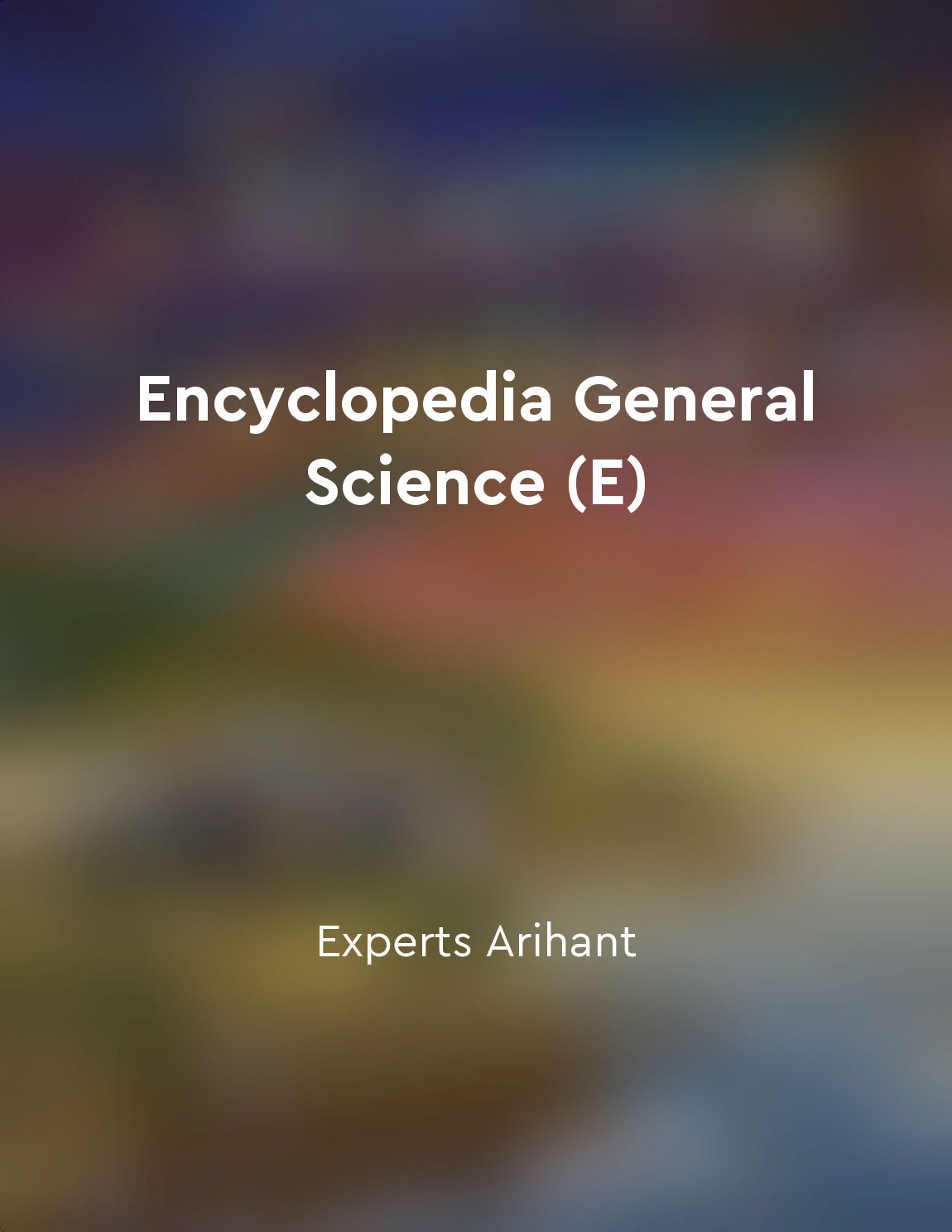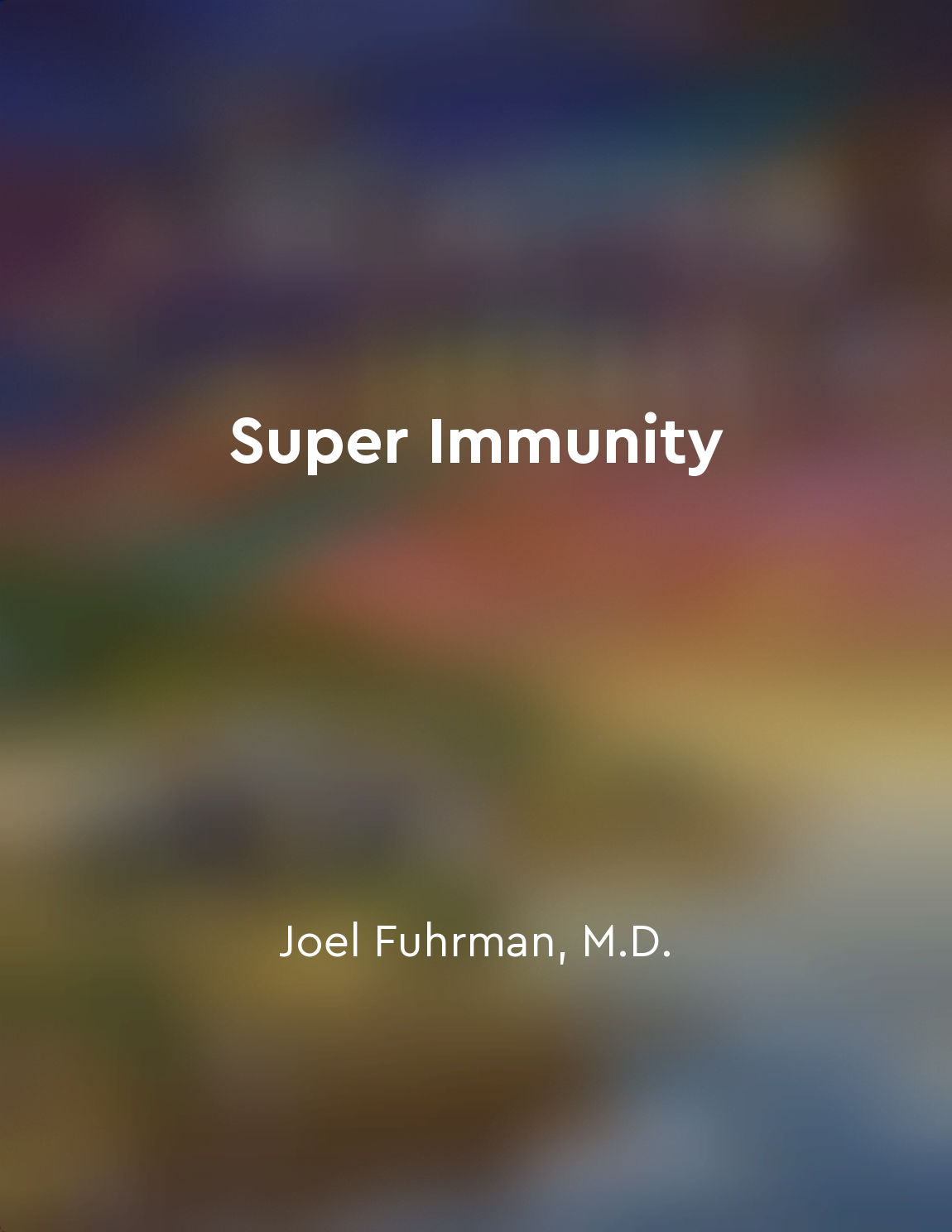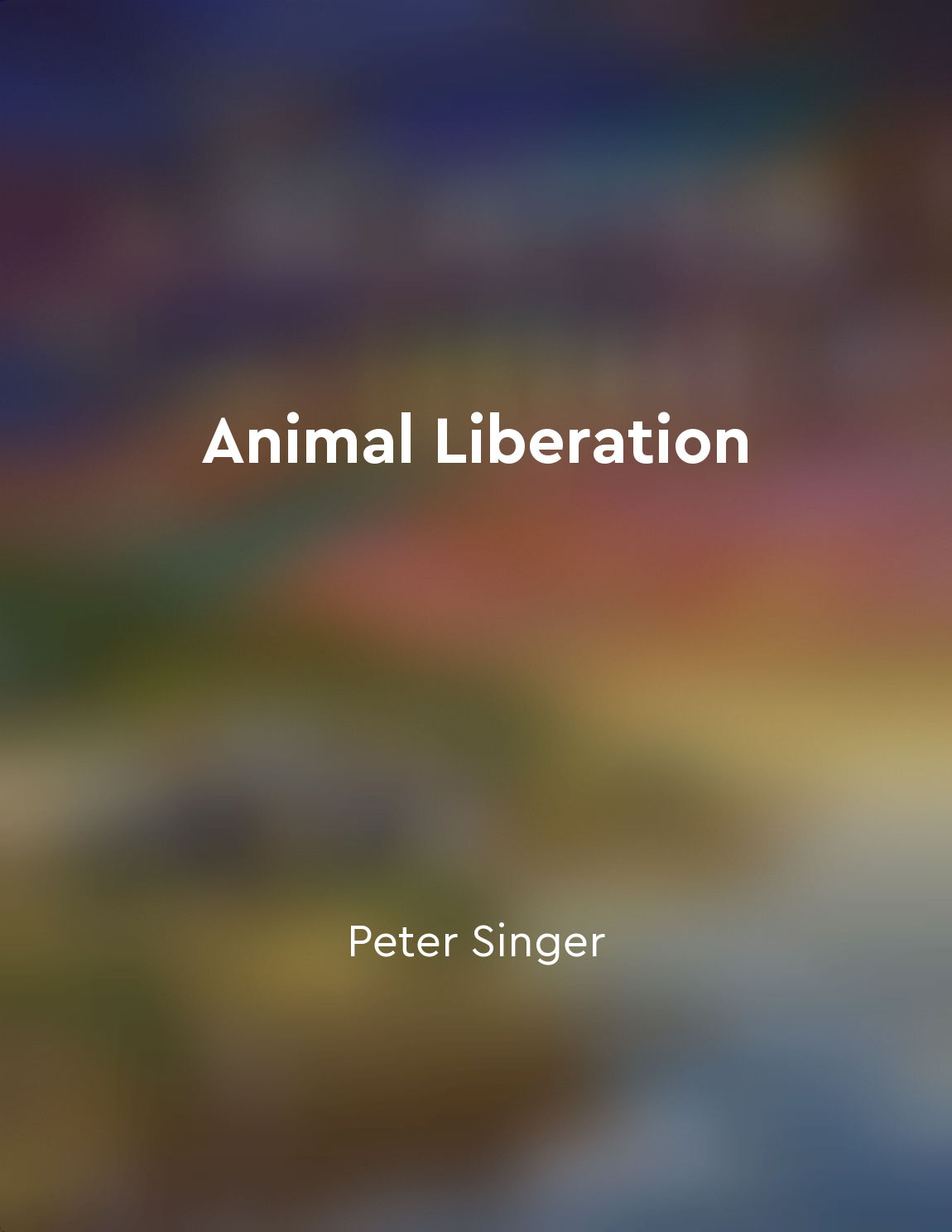Chemical pollutants linger in the environment from "summary" of The World Without Us by Alan Weisman
Chemical pollutants, once released into the environment, have a tendency to persist for a long time. They can accumulate in the soil, water, and air, spreading far and wide beyond their original point of release. These pollutants are not easily broken down or degraded by natural processes, meaning they linger in the environment for years, even decades, after they were initially introduced. One example of this is the presence of synthetic chemicals like pesticides and herbicides in agricultural areas. These chemicals can seep into the soil and groundwater, where they remain for extended periods of time. They can then be taken up by plants, animals, and even humans, leading to a widespread impact on ecosystems and public health. In urban areas, chemical pollutants from industrial activities and everyday products can also linger in the environment. Heavy metals like lead and mercury, as well as toxins like PCBs and dioxins, can contaminate soil and water sources, posing a threat to both wildlife and human populations. These pollutants can bioaccumulate in the food chain, reaching levels that are harmful to living organisms. Even in the absence of human activity, chemical pollutants can persist in the environment due to their stability and resistance to degradation. They can be transported over long distances through air and water currents, affecting regions far from their original source. This widespread distribution of pollutants makes it challenging to mitigate their impact and prevent further contamination of the environment.- The concept of chemical pollutants lingering in the environment underscores the long-lasting consequences of human activities on the planet. It serves as a reminder of the need for sustainable practices and responsible management of chemical substances to ensure the health and well-being of both current and future generations.
Similar Posts

Rest and relaxation aid in hormone balance
To truly reset your hormones, it is essential to prioritize rest and relaxation. When you are constantly stressed and not allow...

The scientific method is a systematic approach to investigation
The scientific method is a systematic approach to investigation. It is a structured way of asking questions about the natural w...

Choose organic produce to reduce pesticide exposure
When it comes to choosing the produce we eat, it is essential to consider the potential exposure to harmful pesticides. Convent...
The geography of hope offers a path forward towards a sustainable world
The idea that the geography of hope can guide us towards a sustainable world is a powerful concept that resonates throughout th...
The mole concept helps in counting atoms and molecules
The mole concept is a fundamental concept in chemistry that helps us in counting atoms and molecules. It provides a way to meas...

Ignoring animal suffering is a form of moral blindness
To turn our backs on the suffering of animals is to ignore a reality that is right in front of us. The pain and torment experie...

Quality matters more than quantity
When it comes to food, it's easy to get caught up in the idea that more is always better. We've been bombarded with messages te...
Addition reactions combine two molecules to form a new compound
Addition reactions involve the joining of two molecules to form a single product. This process occurs when two reactants combin...
Supervised dietary changes may be necessary for specific health conditions
Certain health conditions require specialized dietary changes to manage symptoms and promote overall health. These changes shou...
Pharmaceuticals in water have adverse effects on health
The presence of pharmaceuticals in water has been a growing concern due to their potential adverse effects on human health. The...

